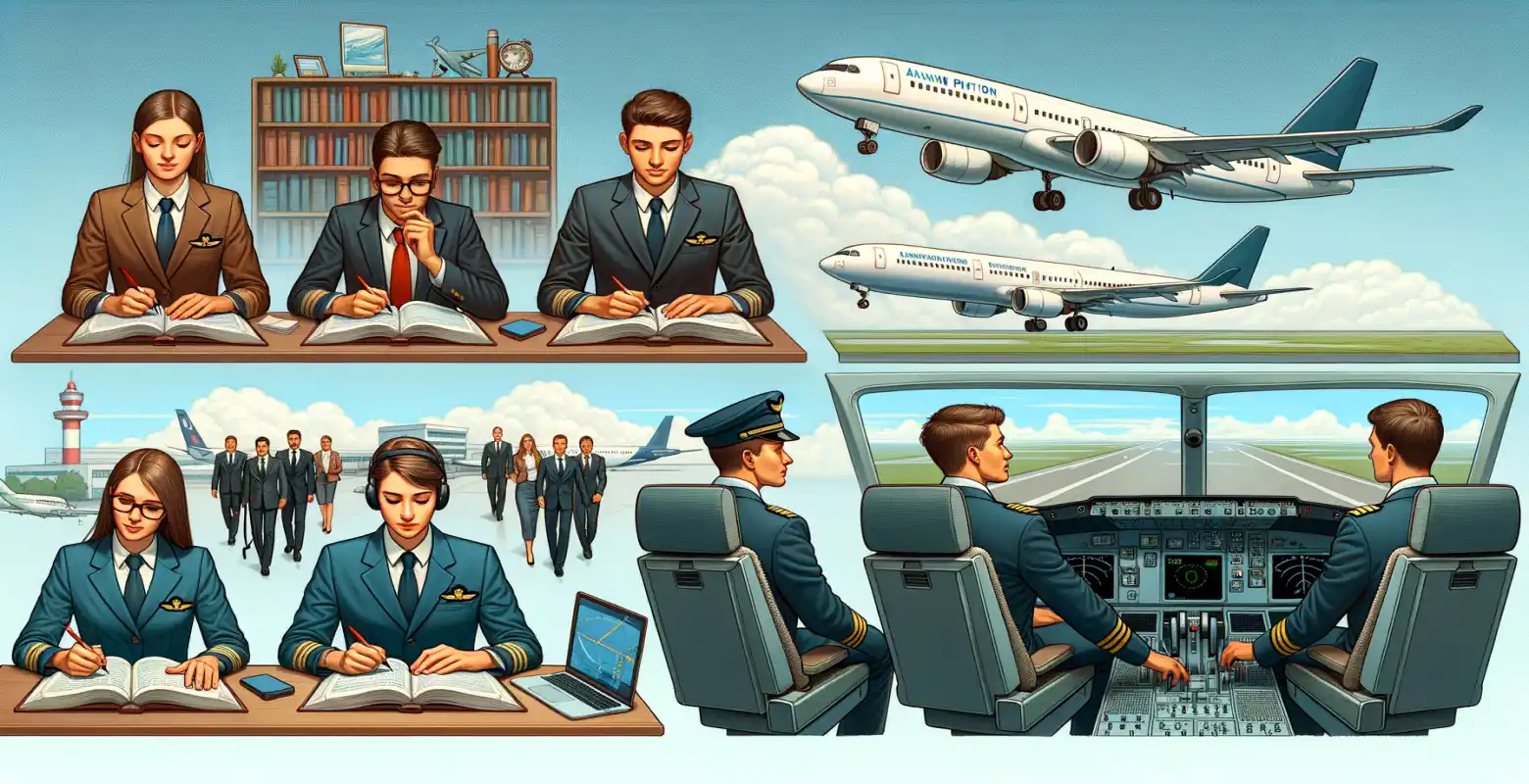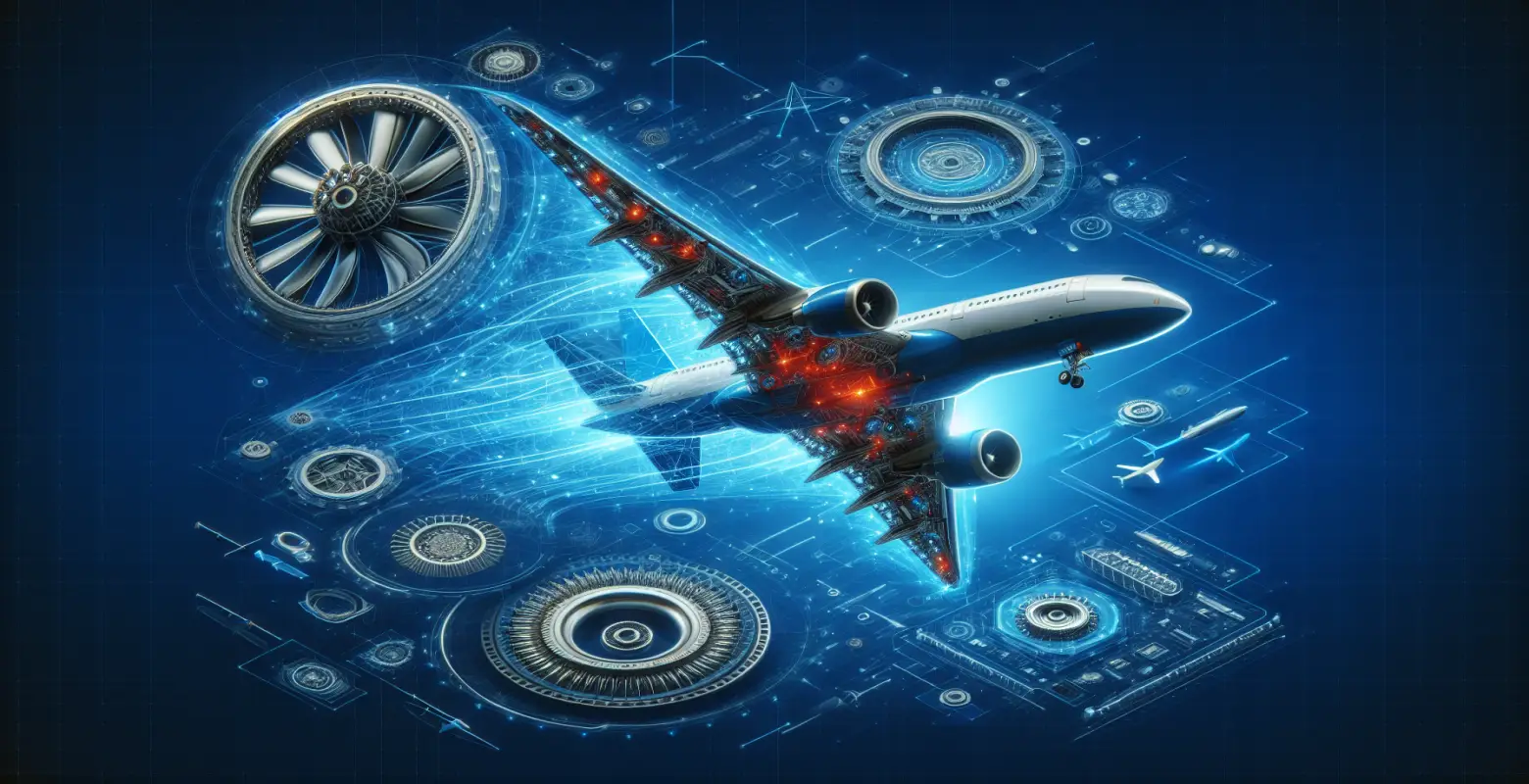How to become an airline pilot?
Introduction
The dream of becoming a commercial pilot is a common desire for many young people around the world. This profession is associated with prestige, the opportunity to travel the world, and high earnings. However, the path to achieving this goal is not easy and requires a lot of commitment, the right qualifications, and determination. In this article, we will outline step by step how to become a commercial pilot, what the requirements are, what challenges you may face, and what benefits this career path brings.
Educational Path and Licenses
To become a commercial pilot, you must meet a number of educational requirements. The first step is to obtain a Private Pilot License (PPL), which allows you to fly an aircraft for private purposes. Usually, this requires completing both theoretical and practical training, which includes a minimum of 45 hours of flight time.
Next, aspiring pilots must obtain a Commercial Pilot License (CPL), which enables them to perform commercial flights. This license requires more advanced training and at least 200 hours of flight time. The next step is to obtain an Airline Transport Pilot License (ATPL), which is the highest qualification in civil aviation. To obtain this license, you need to have a CPL license, relevant flying experience, and pass theoretical exams.
Practical Training
In addition to theoretical learning, a key element in the process of becoming a commercial pilot is practical training. Candidates must gain experience in various aviation conditions, including night flying, long-distance flights, and challenging weather conditions. Many flight schools offer flight simulators to help future pilots prepare for different scenarios that may occur in reality.
Another important aspect is training in Crew Resource Management (CRM), which teaches future pilots how to effectively cooperate with other crew members, which is essential for the safe and efficient conduct of flights.
Health and Psychological Requirements
The profession of a pilot requires excellent physical and mental health. Candidates must undergo detailed medical examinations to obtain a Class 1 medical certificate, which is necessary for commercial flights. These examinations include assessments of vision, hearing, cardiovascular system, and overall physical fitness.
Psychological tests are equally important, assessing the ability to cope with stress, make quick decisions, and work in a team. Emotional stability and stress resistance are crucial for flight safety and effective operation in emergency situations.
Challenges and Difficulties
The path to becoming a commercial pilot is full of challenges. High training costs, which can reach hundreds of thousands of zlotys, are just one aspect. Additionally, the competition in the industry is high, and the recruitment process for airlines is very demanding.
Pilots must also be prepared for frequent changes in flight schedules, long working hours, and being away from home for extended periods of time. All of this requires great flexibility and adaptability.
Advantages of Being a Commercial Pilot
Despite the challenges, the profession of a commercial pilot offers many benefits. Firstly, it is a job full of adventures and opportunities to explore new places around the world. Moreover, pilots enjoy high earnings and various benefits, including discounts on airline tickets for themselves and their families.
Being a pilot also provides immense satisfaction from being responsible for the lives and safety of passengers, as well as operating modern and technologically advanced aircraft.
Trends and the Future of the Pilot Profession
In the era of rapid development of aviation technology, the pilot profession is also undergoing changes. Automation and the development of artificial intelligence introduce new possibilities but also challenges related to new navigation systems and flight management.
The increasing number of passengers and the development of aviation in Asian countries and emerging economies create new employment opportunities for pilots. At the same time, climate change and environmental protection regulations may affect the way aviation operations are conducted in the future.
Summary
Becoming a commercial pilot is an ambitious goal that requires proper preparation, determination, and hard work. Despite the challenges that this career path brings, it offers extraordinary opportunities and satisfaction. For those who are ready to meet the requirements and dedicate time to acquiring the necessary qualifications, being a pilot can be not only a source of income but also a passion and a way of life full of adventures.
For future candidates, it is crucial to have a thorough understanding of the requirements, choose the right flight school, and continuously improve skills to meet the growing demands of the aviation industry.






Number of comments: 0